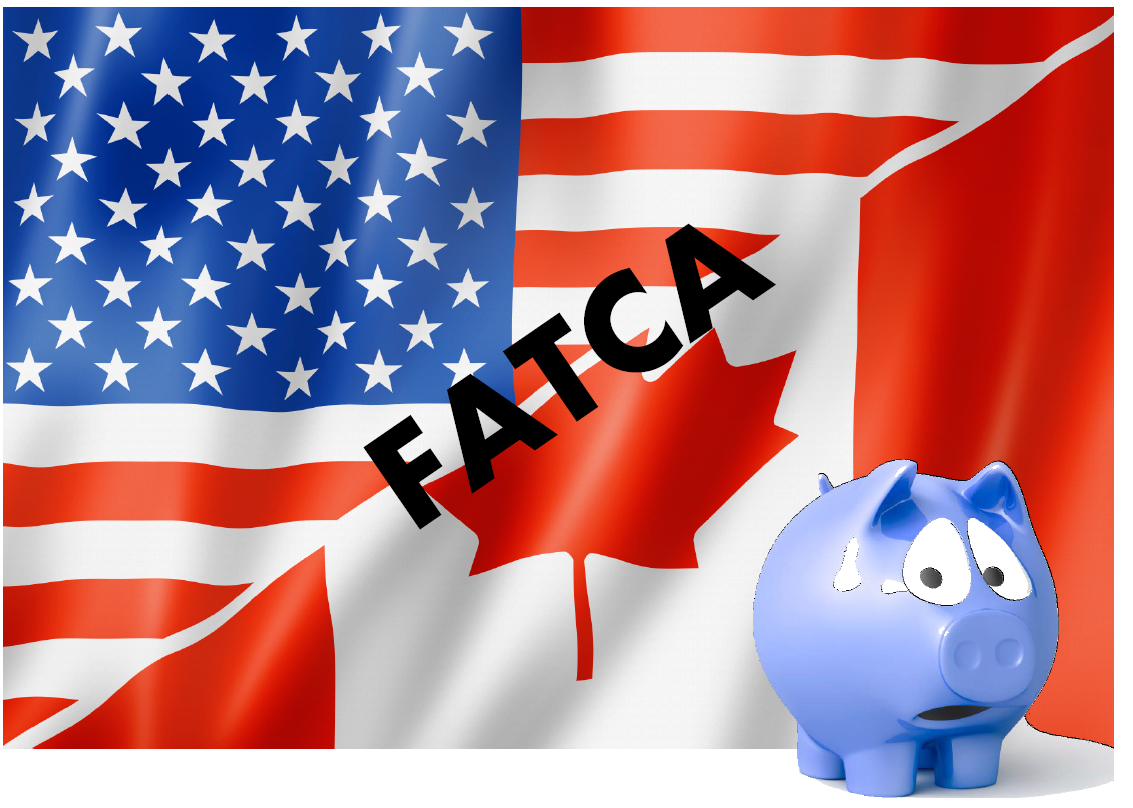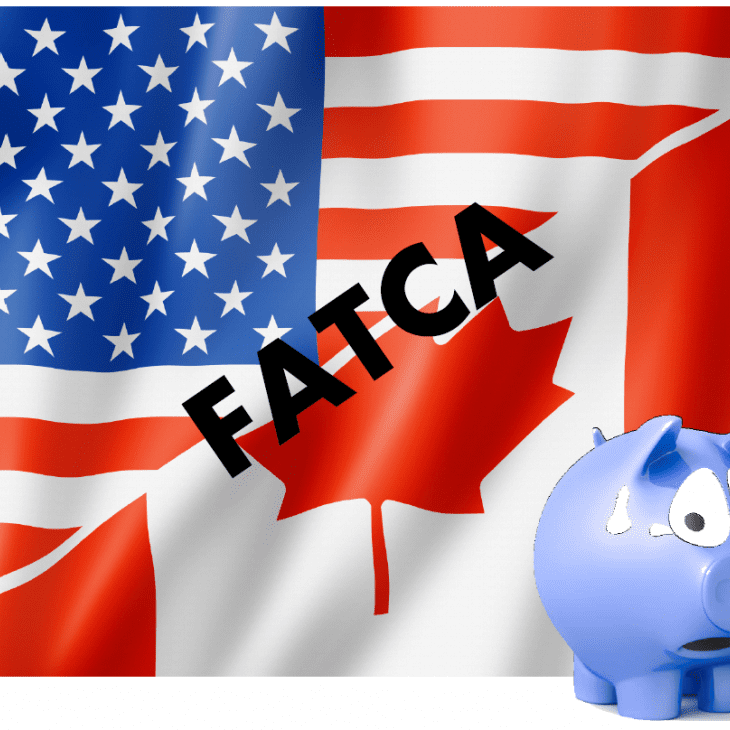Insights < BACK TO ALL INSIGHTS
FATCA: Trapped by the Land of the Free?
FATCA: Trapped by the Land of the Free?
By: Nicole Kardell

The Foreign Account Tax Compliance Act (FATCA) has been billed as the U.S.’s bold effort to go after tax dodgers and cheats. The picture painted is that of greedy rich people secreting their fortunes in offshore accounts and away from poor Uncle Sam. But this is not a fair representation of FATCA’s impact or reach. Since the law took effect July 31, there is increasing blowback as people of varied means are feeling the repercussions.
One of the most publicized reactions is a lawsuit filed in Canada by two Canadian-American citizens with negligible ties to the U.S. In their suit against the Canadian Attorney General, the plaintiffs contest the validity of the Canada-U.S. agreement to enforce FATCA in their country. The plaintiffs claim that the agreement violates provisions of the Canadian Charter of Rights and Freedoms and that it undermines the “principle that Canada will not forfeit its sovereignty to a foreign state.” The complaint, drafted by notable Canadian attorneys Joseph Arvay and David Gruber, alleges that Canada’s enforcement of the U.S. law violates affected people’s right to liberty and security by:
– failing to protect them from unreasonable search and seizure, and
– discriminating against them on the grounds of their country of birth.
The plaintiffs, Virginia Hillis and Gwendolyn Louise Deegan, are U.S. citizens through no willful action. They were born in the U.S. but both left the States for Canada when they were five years old. Neither has a U.S. passport and neither has significant contacts with the U.S. They are what you could call “Accidental Americans” – people who happen to be citizens because they were born here but otherwise identify with another country of citizenship. The plaintiffs hardly fit the image of the fancy tax cheats FATCA purports to target.
Here are some examples of people falling under FATCA’s umbrella of U.S. tax cheats:
(1) Accidental Americans – dual citizens with nominal ties to the U.S. (e.g., they were born in the U.S.) who have not opted to undertake the tedious and costly process of renouncing citizenship. The group includes others who only recently learned they are U.S. citizens – many thought they effectively renounced citizenship but find themselves repatriated through changes in U.S. law or policy.
(2) Snowbirds – citizens of other countries (generally Canadians) who think they do not face U.S. tax liability because they spend less than 183 days a year in the U.S. The 183-day maximum has been understood by many to be the U.S. tax code’s threshold to avoid tax liability. However, they are learning that the threshold is not so straightforward. A “substantial presence test” also factors U.S. presence the year prior and year subsequent to a tax year, reducing the amount of time people can regularly visit in the U.S. without tax penalty.
(3) Non-Americans who have ever worked in the U.S. or appear to have a “substantial” connection to the U.S. Since the law does not fully define what “substantial” means for reporting purposes, lots people are getting swallowed up into compliance and reporting requirements.
But also getting caught up in compliance requirements are Non-Americans who have joint accounts with a U.S. citizen, such as non-American spouses and “at-risk” trusts and investments with no U.S. ties. A recent article by the U.K.’s Telegraph noted that thousands of British families’ trusts are being reviewed for possible ties to the U.S. Many of these are run-of-the-mill family trusts. Regardless of outcome the customers are being billed for the review some £200-500 (roughly $300-750).
Compliance costs for the 77,000 + financial institutions worldwide that have signed onto to FATCA enforcement are staggering. It has been estimated that the 30 largest non-U.S. banks alone will be saddled with $7.5 billion related expenses. These costs are going to have to be absorbed by someone… and will invariably be passed on to those institutions’ customers in the form of increased fees for products and services.
FATCA is an expensive headache for Americans and non-Americans, financial institutions and foreign governments. It is running roughshod over other countries’ privacy laws, banking laws and national sovereignty. While these countries and banks have buckled to U.S. pressure because otherwise they would face 30% penalties on U.S.-generated payments, some may start to consider whether compliance is worth it. As highlighted in the Huffington Post, the Japanese Bankers Association is weighing whether divesting of U.S. assets may make better economic sense. Not only may countries sever their U.S. ties, U.S. citizens are renouncing their citizenship in record numbers. In a sign of poor-sportsmanship, the State Department has recently raised fees for renunciation more 400%, from $450 to $2,350; Senator Charles Schumer (D-NY) has introduced a bill to double exit taxes. Who would have figured that the U.S. would become the “Hotel California” from the 1972 Eagles’ album: you can check out anytime you like, but you can never leave.





